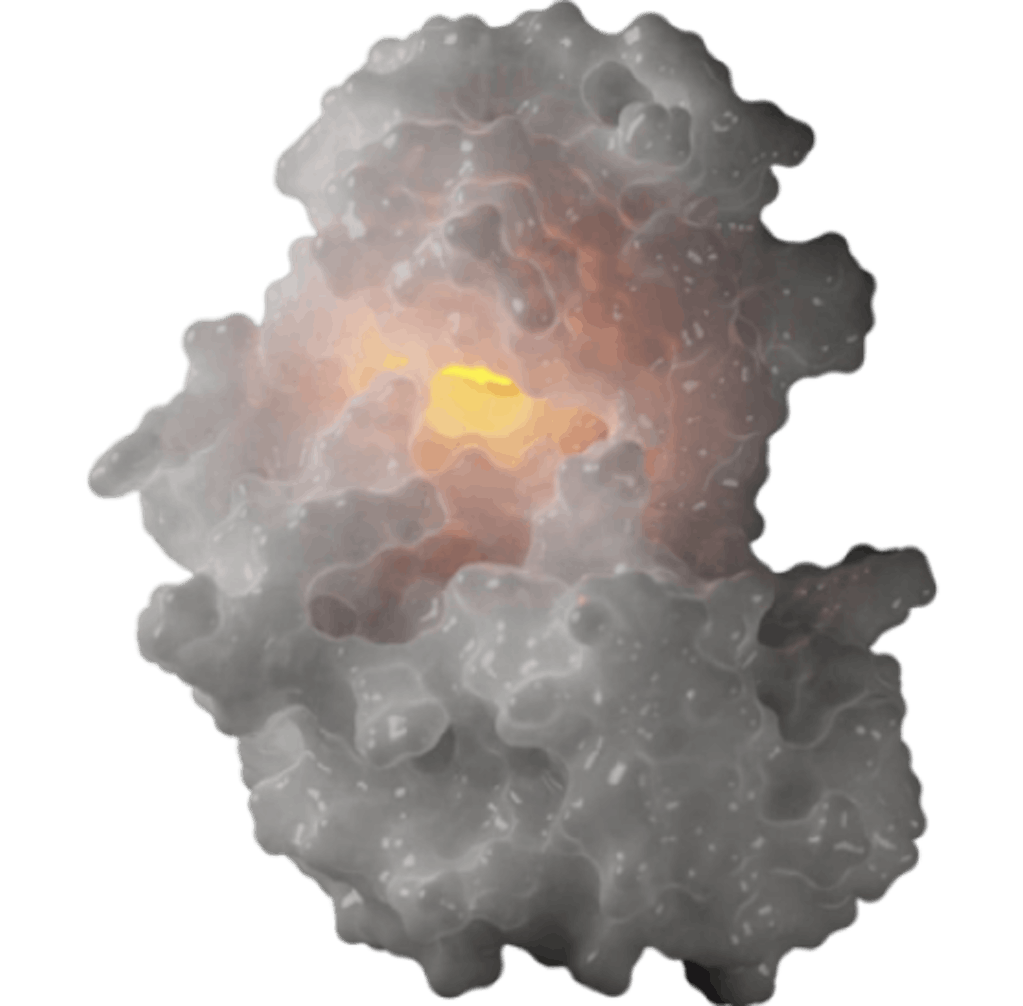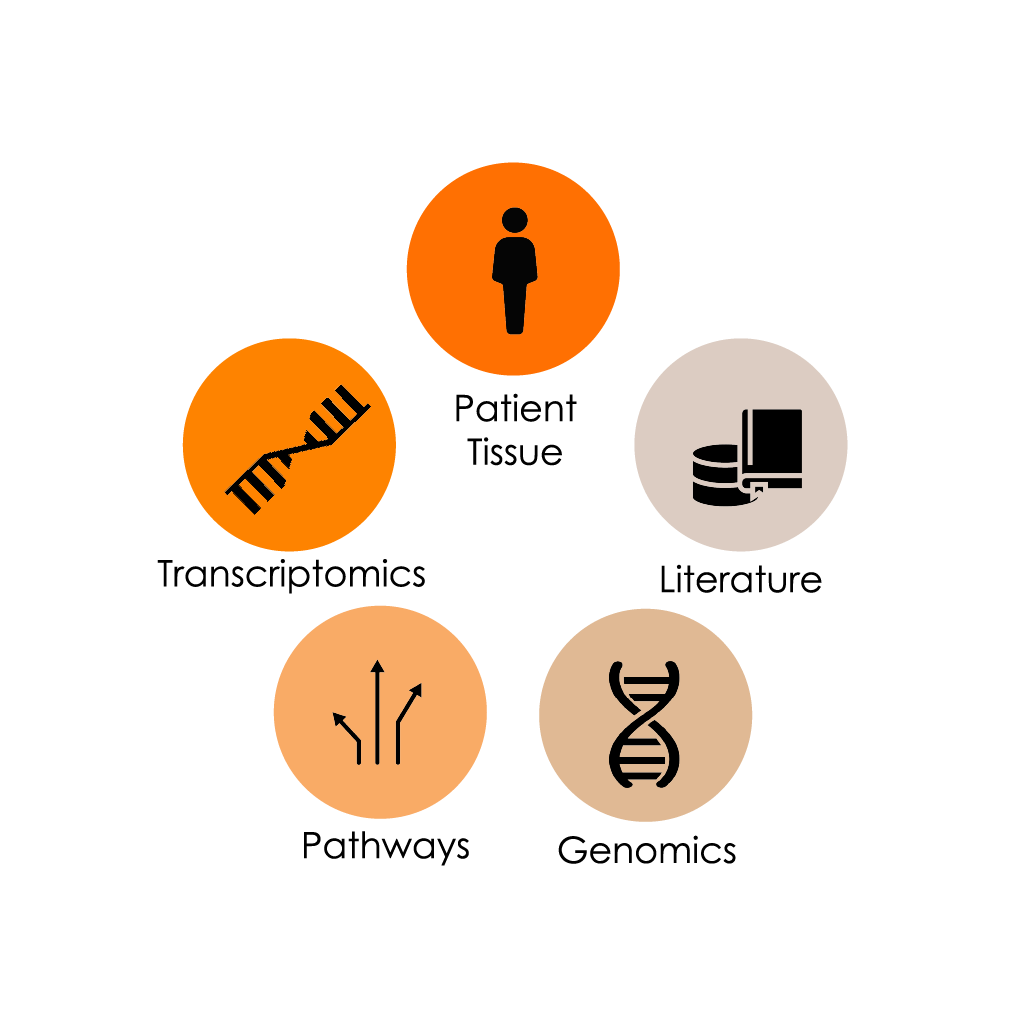Precision Target
Target selection is key to creating success in drug discovery.
Selecting each target is a significant decision and the future success of any molecule will depend on that initial decision.
We combine genetic data and global literature in machine learning models to anticipate and confirm disease-target associations
Our experimental platform records responses in real patient samples allowing us to generate high-precision views of potential patient response.
Targets must also be small-molecule druggable, meaning they have sites complementary to the properties of effecacious, safe small molecules
Phenotypic Discovery
Our discovery approaches extend beyond single molecular targets.

Druggability
We identify targets amenable to ‘gold standard’ small molecule discovery through advanced drugability and tractability assessment


